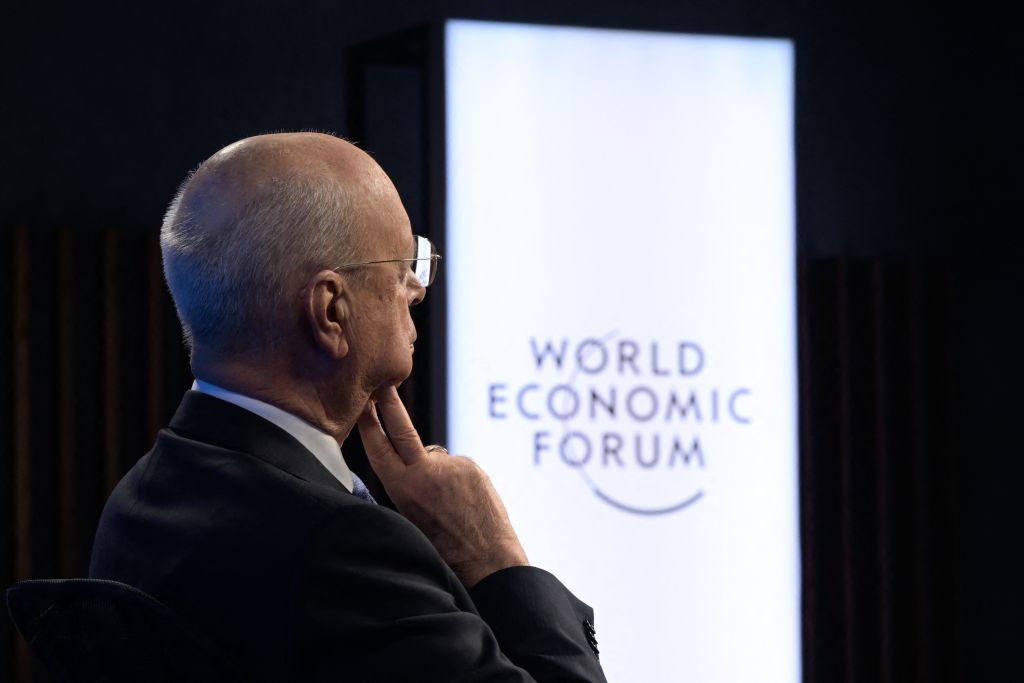‘Polycrisis’. If you haven’t heard of the word, it’s likely that you soon will, courtesy of the World Economic Forum, which is meeting this week in Davos, Switzerland, to discuss the theme ‘Cooperation in a Fragmented World’
The world, according to the just-released WEF Global Risks 2023 Report, has entered an era of ‘polycrisis’. Though the expression sounds like a buzzword designed by management consultants to persuade everyone that they are cleverest people in the room, the term was in fact coined by the French philosopher-sociologist Edgar Morin in the 1990s. It was Morin’s way of arguing that, instead of seeking monocausal explanations of major problems (capitalism, colonialism, etc.), the real causes were to be found in the complex relationships between these things.
One thing we know about crises is that they provide rationales for expansions and centralisations of state power
Precisely why this was considered a radical insight escapes me. As a rule, historians like Thucydides or Alexis de Tocqueville, whose persuasive powers still carry weight today, generally shied away from single factor accounts of epochal crises such as the Peloponnesian war or the French revolution. It was largely Marxist theoreticians who tended to advance monocausal descriptions of upheavals such as the reformation or the first world war.
Over the past six months, however, ‘polycrisis’ has acquired traction as a way of describing a multitude of severe political, economic, social, and environmental problems that are entangled with each other and thus difficult for one actor or set of actors – governments, businesses, NGOs, etc.

Britain’s best politics newsletters
You get two free articles each week when you sign up to The Spectator’s emails.
Already a subscriber? Log in






Comments
Join the debate for just £1 a month
Be part of the conversation with other Spectator readers by getting your first three months for £3.
UNLOCK ACCESS Just £1 a monthAlready a subscriber? Log in